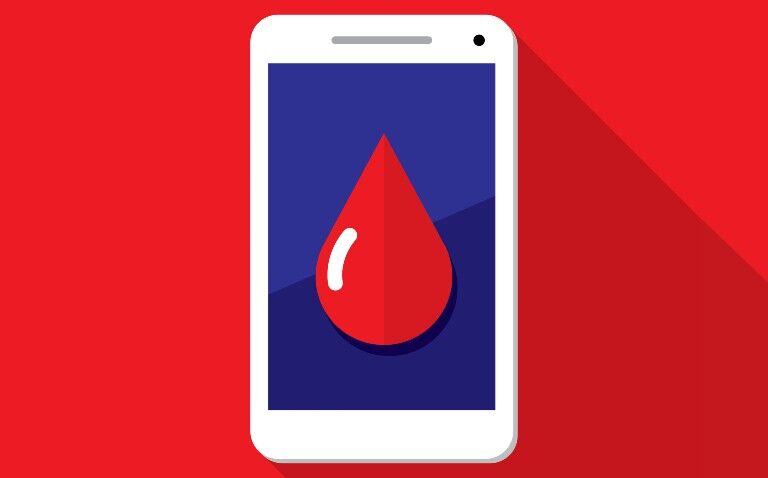A new app providing information on blood clots and how to reduce the risk of developing one has been developed by Oxford University Hospitals NHS Foundation Trust and Thrombosis UK for at-risk patients.
The ‘Let’s Talk Clots’ app will be advertised on discharge paperwork for patients hospitalised with thrombosis, deep vein thrombosis, pulmonary embolism and venous thromboembolism (VTE).
It shares medically-approved, key information about clots, including reducing risk, the signs and symptoms, diagnosis and UK approved treatments and therapies.
There are also details on recovery, including pain and breathlessness, managing anxiety and worry, regaining wellbeing, fitness and returning to everyday activities.
The app also aims to help prevent hospitalisations from blood clots by outlining considerations around risk factors such as pregnancy, family planning, travel and work and managing other conditions or treatments alongside risk factors or a personal medical history of thrombosis.
The app is also being promoted via postcards and posters around the trust‘s hospital sites in Oxford and Banbury, and the team hopes to include the app‘s details on patients‘ admission paperwork in future.
Sarah Havord, a VTE prevention nurse at Oxford University Hospitals and blood clot prevention specialist, said: ‘This resource is very much needed, providing free access to medically-approved information across the blood clot journey and, I believe, will help to save lives and restore lives affected by blood clots.
‘The app started simply as an idea of mine, and has been developed in collaboration with Thrombosis UK, allied healthcare professionals, individuals who have been diagnosed with a blood clot, and their family members. I have been overwhelmed by the amount of support and help provided.‘
The NHS estimates that one in 20 people will experience a VTE during their lives. It is also linked with hospitalisation, with an estimated 55-60% of VTE cases occurring during or after a hospital stay.
Covid-19 has particularly affected awareness of thrombosis, with a paper published in the journal Thrombosis Research reporting a 31% incidence of thrombotic complications in ICU patients with Covid-19.
The app is now available for download for both Apple and Android users.










